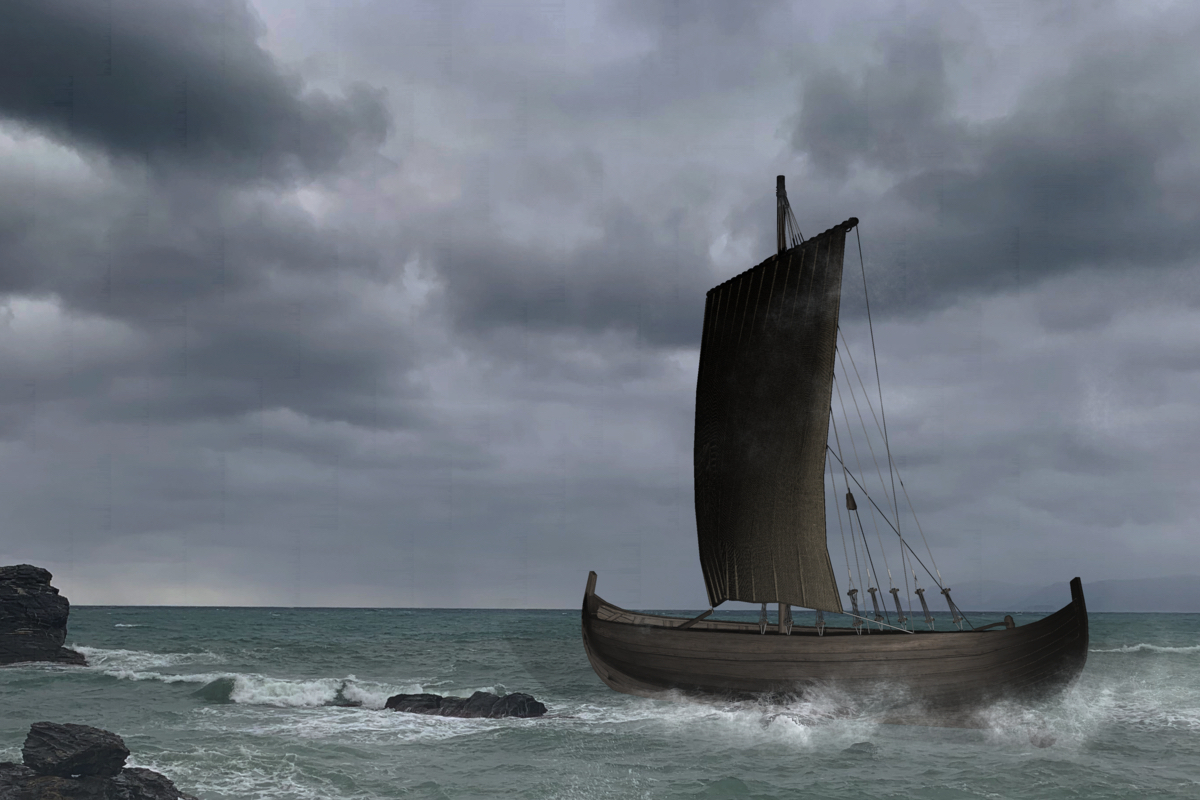The book of Jonah is considered a literary masterpiece, and in the first several verses the words profoundly confront us with the ridiculousness of our disobedience to God.
The word of the LORD came to Jonah son of Amittai: “Get up! Go to the great city of Nineveh and preach against it because their evil has come up before me.” Jonah got up to flee to Tarshish from the LORD’s presence. He went down to Joppa and found a ship going to Tarshish. He paid the fare and went down into it to go with them to Tarshish from the LORD’s presence. But the LORD threw a great wind onto the sea, and such a great storm arose on the sea that the ship threatened to break apart. The sailors were afraid, and each cried out to his god. They threw the ship’s cargo into the sea to lighten the load. Meanwhile, Jonah had gone down to the lowest part of the vessel and had stretched out and fallen into a deep sleep. (Jonah 1:1-5)
Jonah’s running was not manifested in “immorality,” but in disobeying God’s call to go to those he viewed as immoral. Running from God is simply disobeying what He invites us to do. We are all like Jonah, and we see the ridiculous nature of our running.
1. Disobeying God is always a foolish trade.
When God commanded Jonah to go 500 miles to Nineveh, he instead bought a ticket to go 2,500 miles to Tarshish. Ridiculous! Jonah tried to flee from the presence of the Lord—which is foolish and impossible because God is everywhere, as Jonah found out.
2. Disobeying God is always a downward spiral away.
We may think we are going up in our lives, but whenever we disobey God, we are always going down. Sin is always a progressive downward spiral away from joy and away from becoming our true selves.
He went down to Joppa (verse 3).
He paid the fare and went down into it (verse 3).
Jonah had gone down to the lowest part of the vessel (verse 5).
3. There will always be a ship.
When Jonah wanted to run from God’s command, there was a ship waiting for him. There will always be a ship waiting for us when we want to run from God’s plan.
4. We never reach our intended destination.
When the great storm comes, the reader knows Jonah isn’t getting where he wants to go. When we run from God and choose our own way, we never realize what we hope to realize. What we long for does not satisfy us in the end.
5. There is always a cost.
Jonah paid a fare to run from God. Running from God is so foolish; we pay to run from the only One who will satisfy so we can chase something that never will.
6. We become senseless.
Jonah went down to the lowest part and he went to sleep. Sleep is how he escapes and numbs himself from the pain of running from God. Sin always makes us senseless, unaware to the reality around us.
7. We hurt others.
The sailors on the ship are in the storm because of Jonah’s wandering. Some have thought, “My choices are for me. It is my life.” But our choices impact others, as other people are helped or hurt by how we live.
The Puritan pastor Thomas Watson wrote, “Till sin be bitter, Christ will not be sweet.”
The account of Jonah is dark at first. But the further you read into Jonah’s account, the more you see that God’s faithfulness to Jonah was greater than Jonah’s fleeing. Even though Jonah stopped holding on to God, God never stopped holding on to Jonah. The more we grasp the ridiculousness of our disobedience, the more we savor the greatness of our Savior and His rescue of us.






